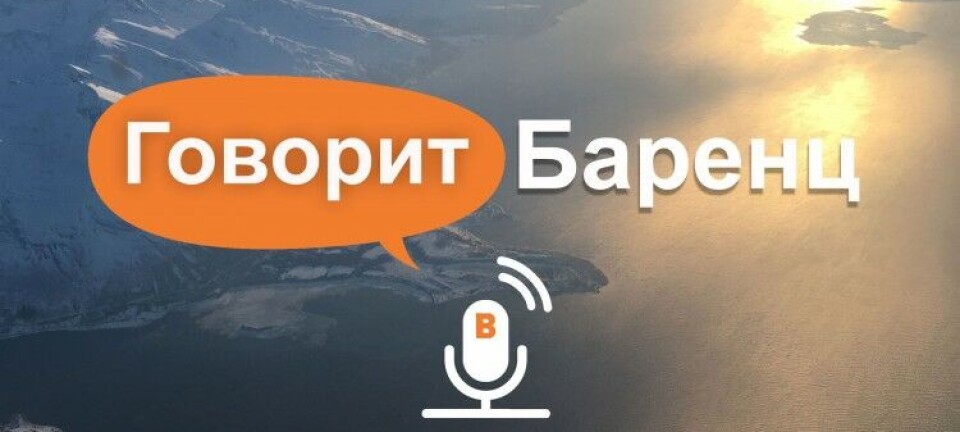Successful cooperation between two covers
Norway and Russia can boast about more than 50 years of successful cooperation on fisheries management in the Barents Sea. The history is now collected in an 825 pages long book called “The Barents Sea – Ecosystem, Resources, Management”.
“We are very pleased to present this book now, when nearly all the stocks are on a sustainable level as a result of the good cooperation”, research director Ole Arvid Misund from Institute of Marine Research says, NRK reports.
The formal cooperation between the Norwegian Institute of Marine Research and its Russian counterpart PINRO started in 1958. The cooperation was institutionalized in 1976, when the Joint Norwegian-Russian Fisheries Commission was established. The commission has survived the cold war, the fall of the Soviet Union and the rise of vulgar capitalism.
The cooperation on fisheries management has acted as a model for most other spheres of cooperation with Russia for Norway. According to Research Director at Fridtjof Nansens Institute Geir Hønneland, the agreement on Delimitation of the Barents Sea was a result of the practices learned in the fisheries commission. In fact, many of the people that took part in the negotiations were the same that had been participating in the Fisheries Commission’ work: “They’ve created a culture for compromise, for finding solutions both parties can live with”, Hønneland says.
“The Barents Sea – Ecosystem, Resources, Management” covers both the historical background for the cooperation and academic articles fish, sea mammals, life on the sea bottom and in the torrents, environment, pollution and ecosystems. The book also explains how missions are conducted, how scientists are acting as advisers fishery authorities, what one can expect of climate changes and what challenges the scientists are facing.
Editors are Tore Jacobsen from Institute of Marine Research and Vladimir Ozhigin from PINRO.













